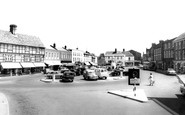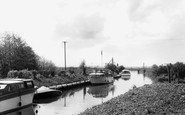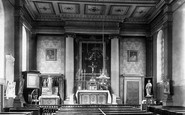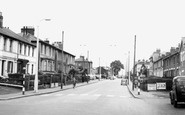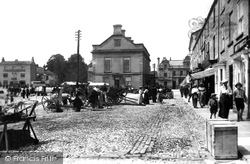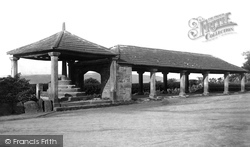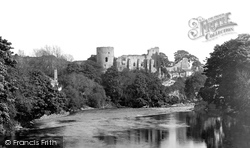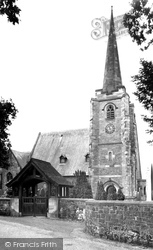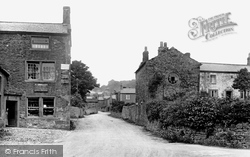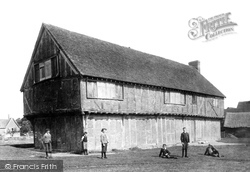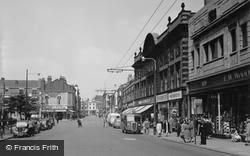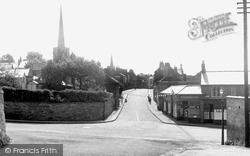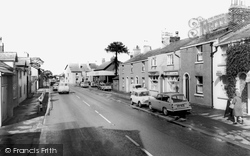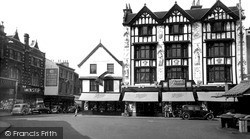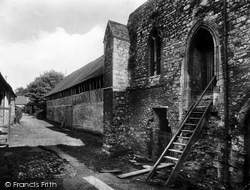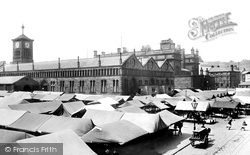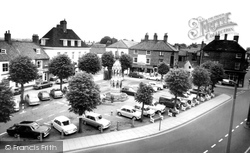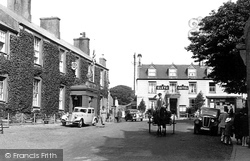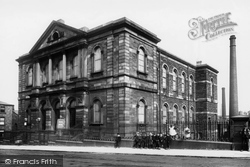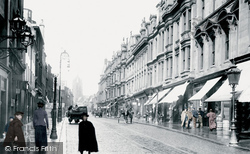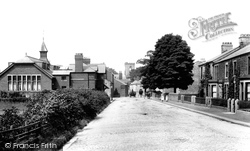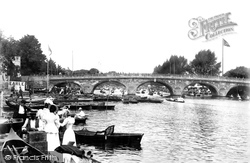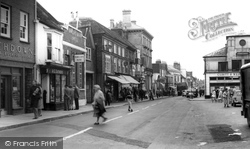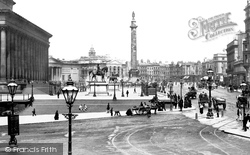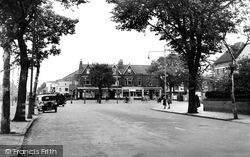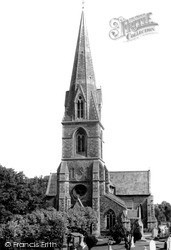Merry Christmas & Happy New Year!
Christmas Deliveries: If you placed an order on or before midday on Friday 19th December for Christmas delivery it was despatched before the Royal Mail or Parcel Force deadline and therefore should be received in time for Christmas. Orders placed after midday on Friday 19th December will be delivered in the New Year.
Please Note: Our offices and factory are now closed until Monday 5th January when we will be pleased to deal with any queries that have arisen during the holiday period.
During the holiday our Gift Cards may still be ordered for any last minute orders and will be sent automatically by email direct to your recipient - see here: Gift Cards
Places
11 places found.
Those places high-lighted have photos. All locations may have maps, books and memories.
Photos
54 photos found. Showing results 1,521 to 54.
Maps
494 maps found.
Books
25 books found. Showing results 1,825 to 1,848.
Memories
9,978 memories found. Showing results 761 to 770.
Years Gone By
I was born at 22 Victoria Street, Harthill and went to Harthill Primary School. I lived with my mum, Mary Carson, and grannie and grandad Margaret and Jimmy Carson until we left for England about 1954-55. I ...Read more
A memory of Harthill in 1947 by
All Grown Up
Being of a young age by this time, twelve years old, I remember the market square being filled with motorbikes, with each the bike riders wearing leather jackets topped with a cut-off denim with this being decorated with many a metal ...Read more
A memory of Wantage in 1972 by
Macadam Square
My dad was in the para 1 squad,we lived at 23 Macadam Square for about 2/3 years, I remember them as some of the happiest of my life. I know that the houses are all gone now, but just wondered if anyone else remembered us, the ...Read more
A memory of Aldershot in 1964 by
History Of Netherthong
I am currently researching and writing a history of Netherthong and I have well over 200 photos and other ephemera. I have started numerous chapters relating to such subjects as schools, parish council, churches, sport, ...Read more
A memory of Netherthong in 2010 by
The Wherry Dyke
The 'Wherry Dyke', Somerleyton, was the home of 'Ripplecraft Co' which built and hired out the Broads Cruisers that the picture shows. It had been owned by Sir Francis Cockeral, inventer of the Hovercraft, who tested his original ...Read more
A memory of Somerleyton in 1960 by
Loughton School
I remember going to school in Loughton from 1961 until 1965 when I left to start work. I would love to make contact again with anybody that remembers me from way back then, especially my friends Susan Hunter and Sandra Stock, both ...Read more
A memory of Loughton in 1961
Childhood Days
As I have lived all my life in Childer Thornton I have so many memories. I would just like to record some from my childhood. The village was a wonderful place to grow up in. There was no traffic to disturb our street play ...Read more
A memory of Childer Thornton in 1950 by
Netherthong In The First World War Part 2
Throughout the course of the First World War many local organizations raised money to send parcels to local soldiers. This was particularly relevant at Christmas and the presents included shirts, socks, ...Read more
A memory of Netherthong by
Sunny 1950''s Sunday Mornings
I have many memories about the old St Mary's Church. Until I started thinking of them I realised that I have not got one involving a rainy day apart from when my Grandad was buried in the churchyard. He was laid ...Read more
A memory of Clayton-Le-Moors in 1954 by
I Used To Come To Comerfords!
I bought my first motorbike from Comerfords in Thames Ditton (would have been at top right of this picture) in October 1973 - a Yamaha FS1e moped in 'Blackcurrant' metallic. But for up to two years earlier I would ...Read more
A memory of Long Ditton in 1972 by
Captions
2,019 captions found. Showing results 1,825 to 1,848.
In the market place is an iron ring said to date back to the days of bull-baiting.
In the market place is an iron ring said to date back to the days of bull-baiting.
Completed in 1753 at a cost of £12, the Market Hall, Butter Cross and the stocks were removed at a cost of £16 6s from Main Street to the Prince of Wales park in 1888, which is where we see them in this
The Bishop of Durham claimed Barnard, and actually occupied it from 1296 to 1301, when Edward I took it back and eventually gave it to Robert Clifford.
The cars parked on the pavement gives a hint of the traffic problems caused by people heading to the Lakes or southwards.
The road from Sawley to Waddington crossed the back road from Clitheroe to Slaidburn here, so the cloth produced from local wool could be taken to the markets and fairs on packhorses.We are looking
The Moot Hall in Elstrow dates back to the 17th century and now houses a most interesting museum which commemorates Bunyan's life.
The first known reference to the chapel was found in a document of 1552, though the original structure probably dated back to the 14th century.
The photographer stood with his back to the impressive medieval castle motte to look across The Hollow into Borough Street and the town, with its excellent array of mainly 18th-century
The cars parked on the pavement gives a hint of the traffic problems caused by people heading to the Lakes or southwards.
A quick look back at the 1890 view of the market place will show the building's original appearance; it was altered between 1909 and 1929 to give it that 'olde worlde charm' - the timber
nearly all the monastic buildings, including the great church, were demolished, some quickly, others more slowly, until little trace remained of the vast Benedictine abbey whose origins went back
The photographer stood with his back to the impressive medieval castle motte to look across The Hollow into Borough Street and the town, with its excellent array of mainly 18th-century
Here we see the Market Hall (or House) from the rear, and we can also see the back of the Town Hall; its 20ft-high wall guards a courtyard.
The Butter Market of 1853 (centre) is now Achurch Hardware Store, and the snack bar next door is now a pizza and kebab house.
In 1784 it was recorded that a young man, William Roberts, was stripped to the waist, placed on horseback and flogged all the way to the port and back for stealing.
The near one is part of the Saunder Bank Ironworks, once the home of the Burnley loommakers, Butterworth & Dickinson.
Although spinning and weaving were Paisley's main industries, there were also several shipyards along the banks of the River Cart. Note the different styles of street lights in this view.
The biggest problem for visitors to Whalley today is where to park.
In this view we see the black poplars on the Berkshire bank which replaced the late 18th-century ones planted by Field Marshal Conway.
Just beyond Barclays Bank you can see the gates to Forrest Stores (also at Shere).
At the back is St John's Gardens, and in front is the open area of St George's Plateau.
Churchtown can trace its recorded history back to the Viking landings, but it is also true that the settlement will have been in existence before the outcasts from Ireland made their way ashore.
Christ Church is by Sir G G Scott, of 1851, and replaces Holy Rood in the grounds of the mansion owned by the Goddard family - their history there traces back to 1560.
Places (11)
Photos (54)
Memories (9978)
Books (25)
Maps (494)



